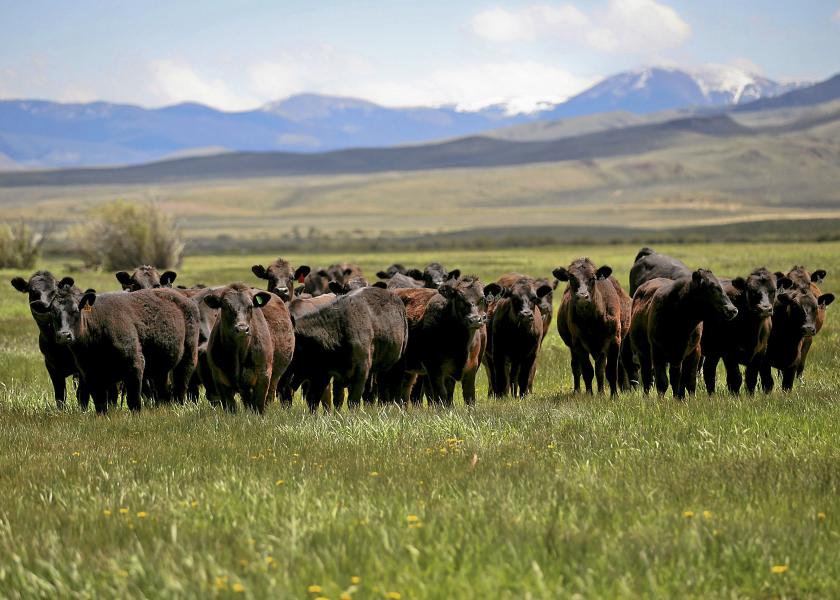‘Moo’ Intelligence: Google’s New Sustainability Initiative Misrepresents U.S. Beef

Among America’s great success stories, Google is up there with the best of them: Henry Ford’s cars, Sam Walton’s general stores, Steve Jobs' minicomputer/phone/flashlights.
Google's search engine technology, e-commerce and artificial intelligence have fueled the company's rapid ascent – it's not yet 25 years old – to annual revenues that top $250 billion. Some even call Google the “most powerful company in the world” and certainly one of the most valuable brands.
The company hires engineers and computer scientists by the busload. Yet, despite all of those nerds on the payroll Google is short-handed on "moo" intelligence and it just insulted America’s cowboys with its new sustainability feature.
Unveiled this week, Google now offers the ability to view information about the environmental impact of certain choices – “from buying a new car or pre-owned clothing to planning a driving route or weekday meal.” That includes information about how Google evaluates beef, which is to say, Google’s metrics are heavily slanted against beef.
That quickly drew the ire of the National Cattlemen’s Beef Association, which denounced Google’s initiative as an attempt to bias consumers against beef through their new sustainability search feature that provides inaccurate climate information on cattle production.
“Google is using its billions of dollars of resources to target cattle producers and ignore the science that demonstrates beef’s sustainability and value to the environment,” said NCBA President Don Schiefelbein, a Minnesota cattle producer. “Cattle producers have a demonstrated record of continuous improvement, which has led to the United States recording the lowest global greenhouse gas emissions from beef while contributing to food security for the world. Additionally, cattle production protects green space, upcycles grass and forages, and provides consumers with a lean protein source packed with essential nutrients. Google should seriously reconsider this feature.”
Google apparently relied on some U.N. emissions data on beef globally, which doesn’t take into account how much more sustainably American beef is produced.
Hmmm…. You would think the company could have Googled that information!
NCBA says livestock play an important role in protecting open spaces and account for only a very small portion of greenhouse gas emissions. Eliminating all livestock in the U.S. and removing beef from the diet would only reduce greenhouse gas emissions by 0.36% globally. NCBA is urging Google to consider the science of beef production before making this new feature widely available.







